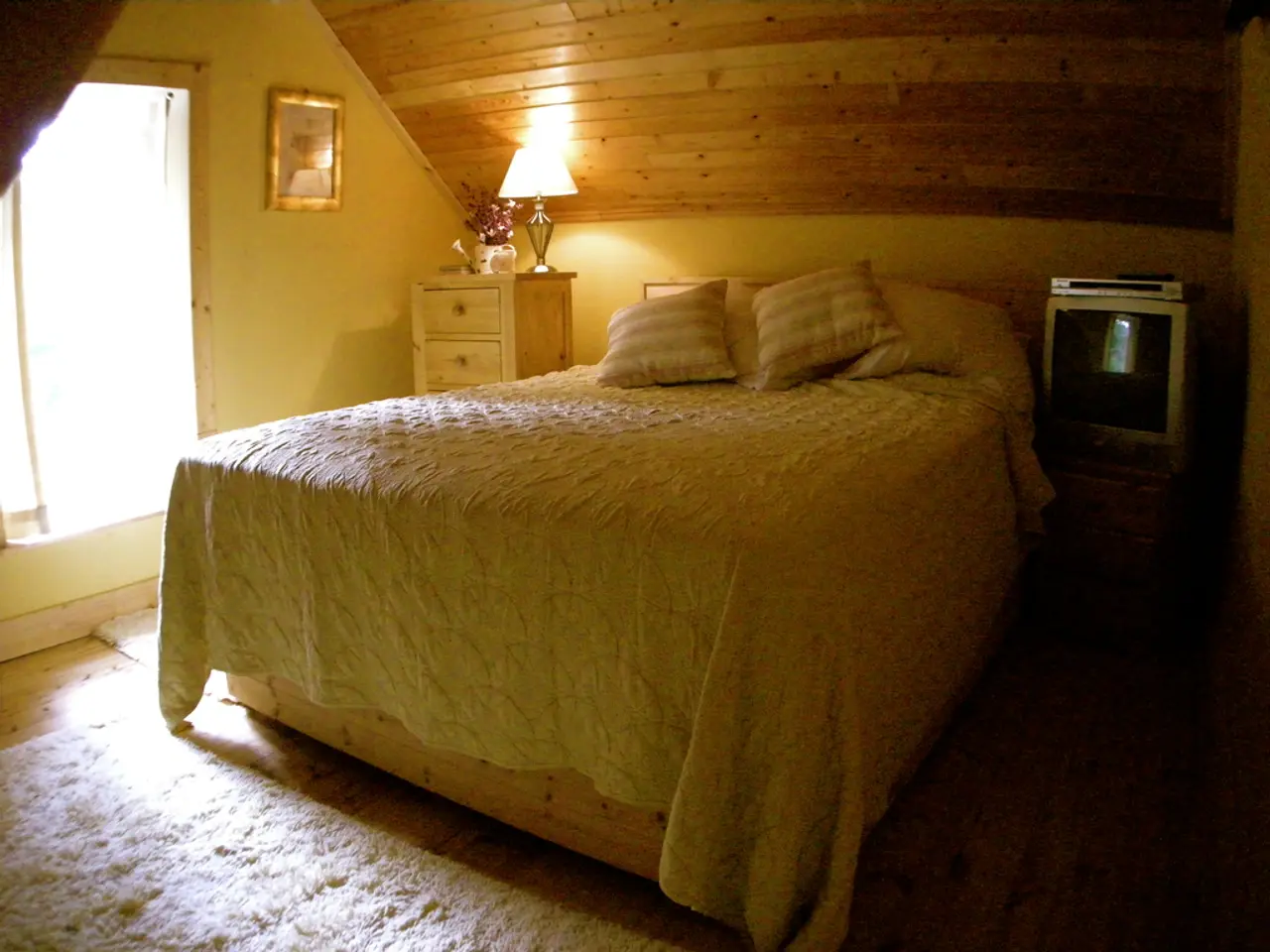Thinning atmosphere creates challenges for Airbnb operations
In a bid to address escalating housing shortages and soaring rental prices, major cities such as Barcelona and New York are tightening their grip on short-term rentals provided by platforms like Airbnb.
Barcelona, Spain, is leading the charge with a series of strict regulations aimed at phasing out short-term rentals of tourist apartments by 2028. The City Council has announced that it will not renew any licenses for tourist-use apartments once they expire in November 2028, affecting over 10,000 legally licensed tourist flats across the city. The goal is to return these properties to long-term residential use, addressing concerns about gentrification and overcrowding caused by tourism.
In addition to cutting licenses, Barcelona is also taking action against illegal listings. The city has criticized Airbnb for failing to remove approximately 800 illegal listings and is preparing further measures to enforce compliance. Deputy Mayor Laia Bonet has accused Airbnb of being complicit by not responding to requests to delete illegal listings, which negatively impact residents' access to affordable housing.
The city council plans to collaborate with public administrations to explore legal options at the state and EU levels to combat illegal flats. Despite these stringent measures, Airbnb representatives express a willingness to engage in dialogue and adapt to forthcoming European-wide regulatory frameworks expected by May 2026, though they oppose the total elimination of tourist flats by 2028.
New York City has historically imposed strict limits on short-term rentals to combat housing shortages. These typically include bans on rentals under 30 days unless the owner is present, stringent licensing requirements, and enforcement actions against illegal listings. The regulatory intent in New York aligns with concerns similar to Barcelona's—protecting long-term housing stock and controlling housing costs amid platform growth.
These regulations in Barcelona reflect a broader trend in major cities to tighten controls on short-term rentals to alleviate housing shortages and stabilize rents. Barcelona’s phase-out deadline for licensed tourist apartments will likely reduce the availability of short-term rentals significantly, potentially restoring thousands of apartments to the long-term housing market. However, such restrictions also pose challenges to platforms like Airbnb and the tourism economy. Critics warn of economic fallout due to reduced tourist accommodation supply, while Airbnb seeks to work with authorities to find a balance between sustainable tourism and residents’ housing needs.
In summary, major cities are taking decisive action to address the housing crisis by tightening the reins on short-term rentals. Barcelona's approach is one of the most aggressive in the world, signaling a significant transformation in how short-term rentals are integrated into urban housing policy to address the housing crisis directly. New York City, with its long-standing restrictions, aligns with this trend, and other cities may follow suit. The potential impact on platforms like Airbnb and the tourism economy remains to be seen as cities navigate this delicate balance between sustainable tourism and addressing the housing crisis.
Finance is being impacted as major cities like Barcelona and New York tighten regulations on short-term rental platforms like Airbnb, affecting the income of property owners who rely on these investments for revenue. The business of real-estate, particularly in tourism-heavy areas, may also experience changes as the number of short-term rentals decreases, potentially leading to diversification in investment strategies for those involved in the real-estate market.




